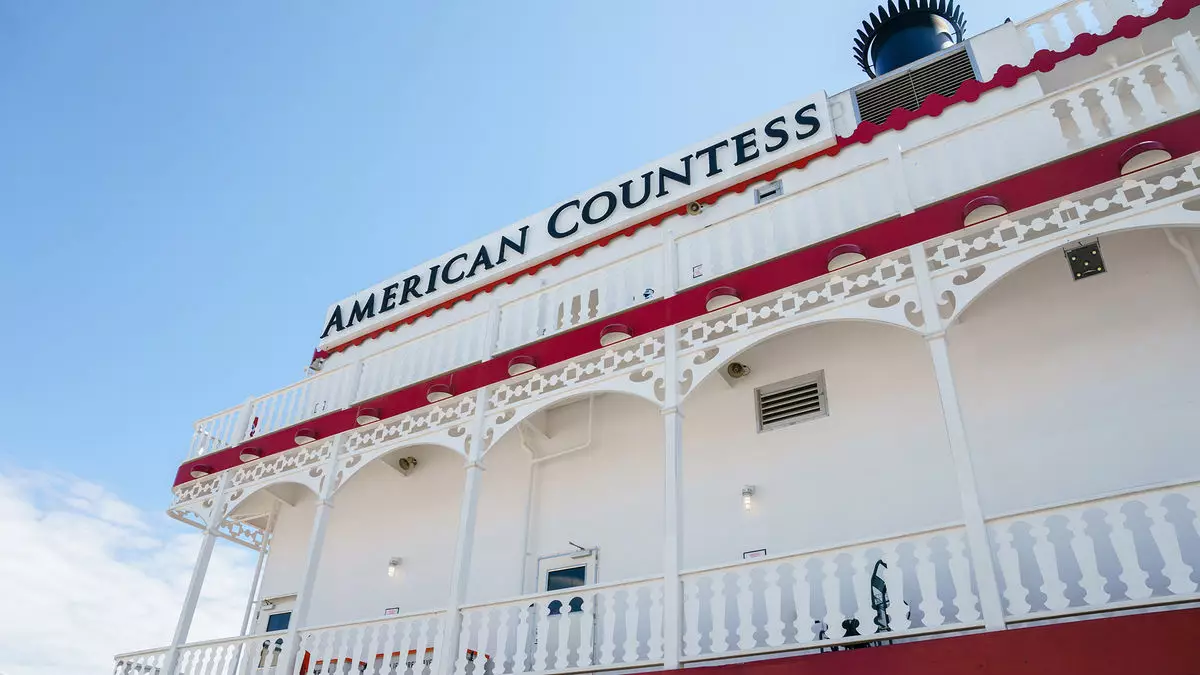The recent news of American Queen Voyages (AQV) halting operations did not take the travel industry by surprise. Industry professionals had been anticipating this development due to ongoing service and payment issues with AQV. The decline of AQV was foreshadowed by late or missing payments over the past few months, which led to major trade partners severing ties with the river cruise line. Anthony Hamawy, president of Cruise.com, stated that his company had ceased marketing AQV at the start of the year after failed attempts to communicate with the river cruise line regarding the issues at hand.
Despite the challenges faced by AQV, companies like Cruise.com, Signature Travel Network, Pleasant Holidays, and AAA Travel tried to find solutions to benefit both parties. Cruise.com opted to inform its agents about the ongoing issues with AQV instead of issuing a complete “no book” advisory. They advised clients to exercise caution, use credit cards for bookings, and purchase insurance to safeguard their interests. However, Hamawy mentioned the limitations of insurance coverage in certain circumstances, emphasizing the importance of transparency and consumer protection.
Following AQV’s closure, attention shifted towards refund processes and the potential impact on its parent company, Hornblower Group. Travelers seeking refunds must undergo a three-step procedure involving claim form submission, denial notice retrieval, and refund requests from Argo Surety, a commercial insurer based in Toronto. Hornblower Group announced the acquisition of a majority stake by Strategic Value Partners, indicating a change in ownership structure. The fate of AQV remains uncertain, with talks of a potential wind down if a buyer cannot be secured.
While AQV faced challenges, other U.S. river cruise operators like American Cruise Lines (ACL), Viking, and Lindblad Expeditions continue to thrive in the market. ACL stands out as a leader with a growing fleet of ships and a strong presence in the U.S. river cruise sector. The company’s expansion efforts, including the introduction of new riverboats and hybrid vessels, reflect a strategic approach to diversification and growth. Viking’s operation of the Viking Mississippi further solidifies its position in the U.S. river cruise market, showcasing resilience amidst industry disruptions.
The downfall of American Queen Voyages serves as a cautionary tale for the travel industry, highlighting the importance of financial stability, effective communication, and consumer protection. As competitors navigate the evolving landscape of river cruising, adaptability and innovation will be key to sustaining success in an increasingly competitive market. The legacy of AQV’s collapse will shape future industry practices, emphasizing the need for transparency, accountability, and resilience in the face of adversity.


Leave a Reply